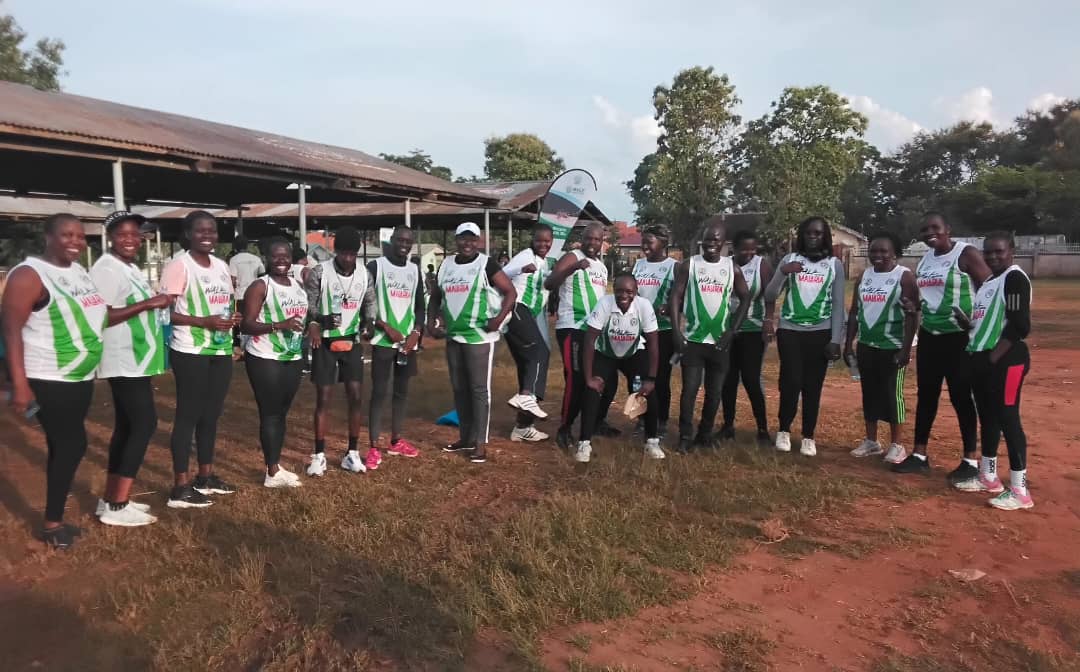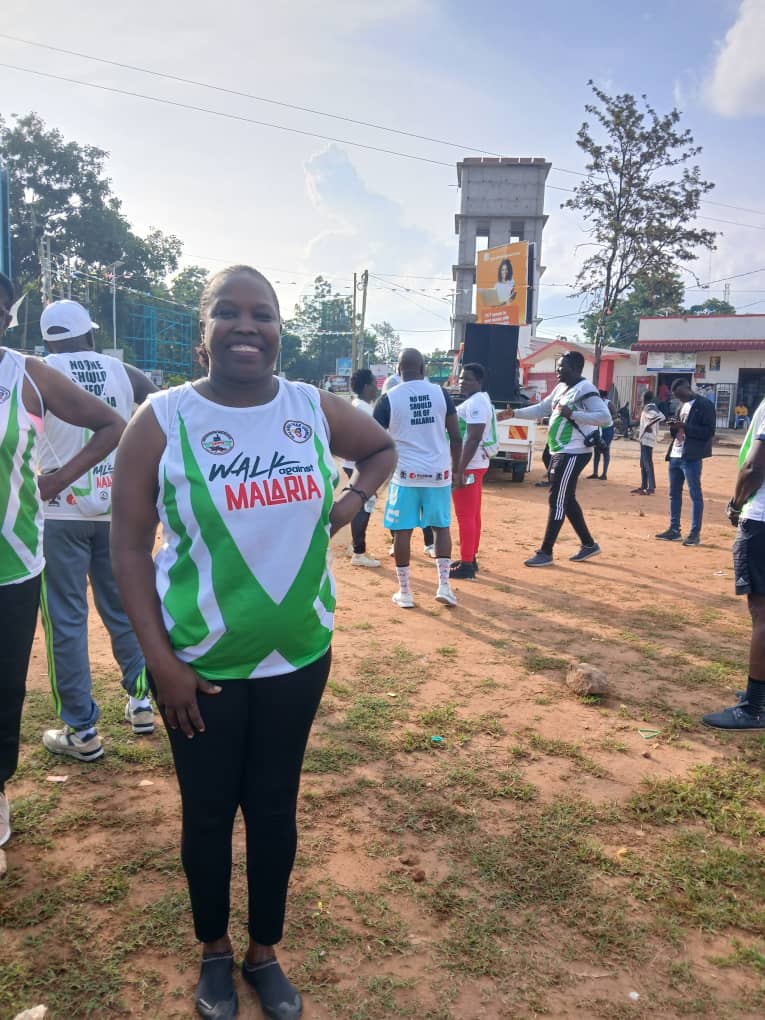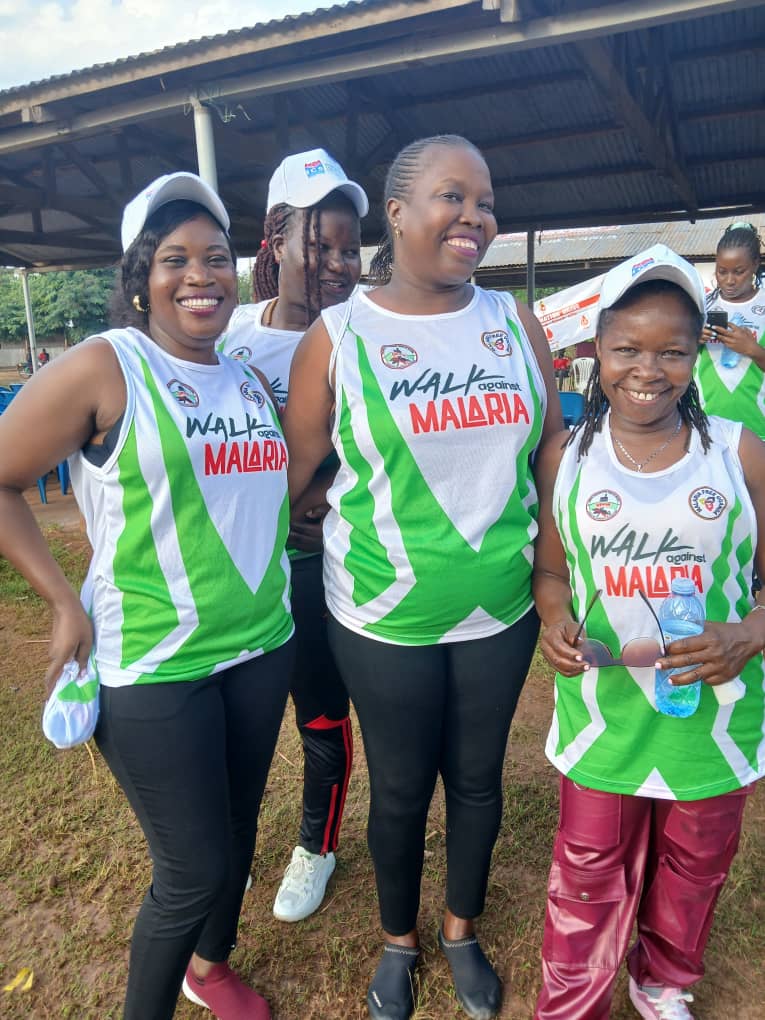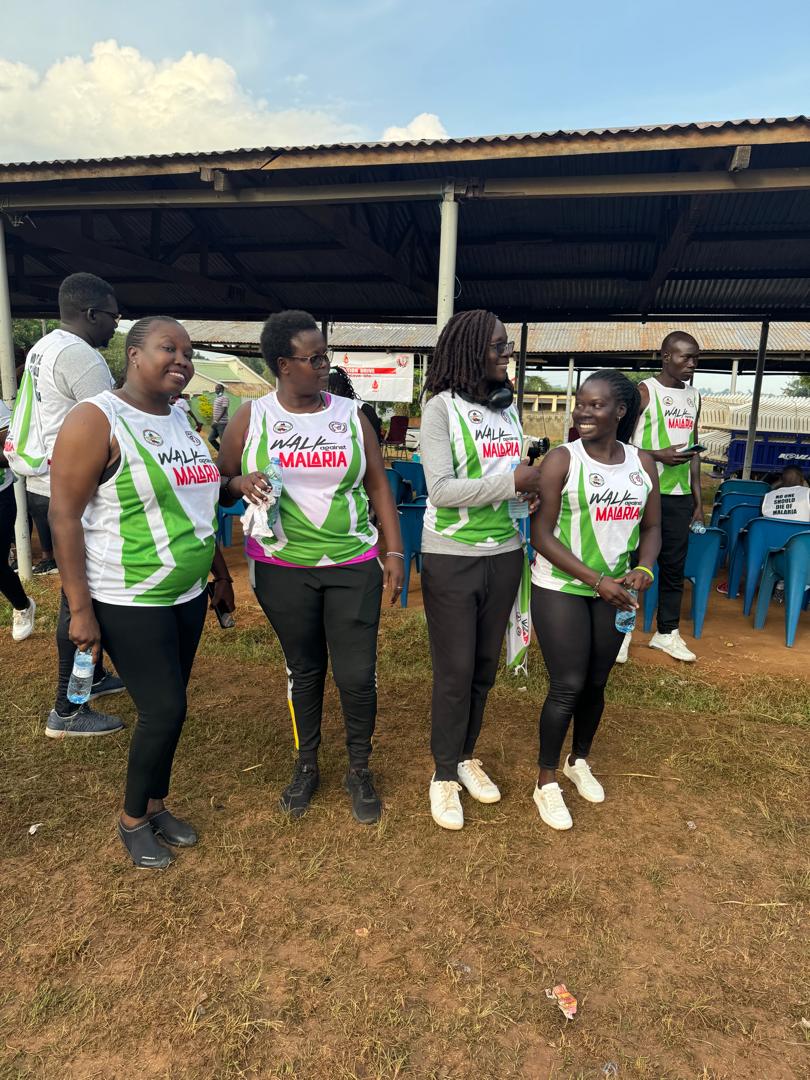SCI Joins the Fight: Selfless Compassion Initiative Participates in Arua City Malaria Awareness Run
Introduction
Selfless Compassion Initiative (SCI) continues to demonstrate its commitment to community health by actively participating in the recent Malaria Awareness Run in Arua City. This event, which brought together various stakeholders and community members, served as a powerful platform to raise awareness about malaria prevention and control in the West Nile region. As an organization dedicated to empowering minds and transforming lives, SCI recognizes that health initiatives form a crucial component of holistic community development, aligning with our broader mission to address both mental and physical well-being challenges in the communities we serve .The malaria run represents yet another chapter in SCI's ongoing efforts to combat health challenges in Uganda, particularly malaria, which remains one of the leading causes of morbidity and mortality in the region. Through this participatory approach, SCI not raised awareness but also strengthened community bonds and demonstrated practical solidarity in the fight against this preventable disease.
Event Highlights
1. Community Mobilization and Participation
The malaria awareness run witnessed impressive turnout from diverse segments of the Arua community. SCI staff, volunteers, and community members joined forces with local authorities, healthcare workers, and other civil society organizations to create a vibrant movement through the streets of Arua City. Participants carried banners and distributed educational materials emphasizing malaria prevention techniques, creating a mobile awareness campaign that reached both urban and peri-urban areas of the city.
2. Symbolic Action with Practical Significance
The running event served as both a symbolic gesture of unity against malaria and a practical demonstration of health consciousness. By engaging in physical activity promoted wellness while drawing attention to a disease that disproportionately affects vulnerable populations including pregnant women and children under five—groups that SCI specifically aims to support through its health programs .
3. Integrated Health Messaging
Throughout the event, SCI team members distributed educational materials about malaria prevention and shared information about the organization's comprehensive health programs, which include mental health support, sexual reproductive health services for adolescents, and other health initiatives that form part of SCI's holistic approach to community well-being .Table: SCI's Health Program Alignment with Malaria Prevention Efforts
| SCI Thematic Area | Connection to Malaria Prevention | Integrated Approach |
|---|---|---|
| Mental Health | Addressing psychological impact of chronic illness | Counseling support for malaria patients |
| Adolescent Health | Educating youth on prevention methods | School-based awareness programs |
| Climate Change & Adaptation | Environmental management to reduce breeding sites | Promoting clean surroundings |
| Livelihood & Entrepreneurship | Reducing economic barriers to prevention | Income generation for bed net access |
The Importance of Malaria Awareness in West Nile
Malaria remains a significant public health challenge in Uganda, particularly in the West Nile region. According to health officials, Uganda loses approximately 16 people daily to malaria, with 10 of these being children under five years of age . This staggering statistic underscores the urgent need for continued awareness and prevention efforts in communities where SCI operates. The West Nile region's ecological characteristics make it particularly vulnerable to malaria transmission, emphasizing the need for context-specific interventions that address both prevention and treatment. As noted by one public health expert, "Malaria eradication requires a 100% mind-set of success. There are no 70% or 80% or 90% efforts that pass in malaria control and eradication. One single infected mosquito that escapes can go on to bring death to dozens of victims in its lifespan" .SCI's participation in the malaria run aligns with the organization's comprehensive health approach, which recognizes that health challenges are interconnected—malaria prevention connects to mental health (through the stress of caring for sick family members), livelihoods (through lost productivity due to illness), and even climate change (through environmental factors that affect mosquito breeding patterns) .
Voices from the Event
The malaria awareness run featured powerful statements from community leaders and health officials who emphasized the importance of collective action against malaria focal person for the city, applauded the efforts of all organizations involved, stating: "In the battles against malaria, to be ignorant of historical eradication work is to be hobbled by the lack of hard-earned field knowledge, practical and effective discoveries that remain completely relevant and critical to success in eradicating malaria today".
SCI CEO emphasized the organization's commitment to integrated health approaches: "At SCI, we recognize that health is multidimensional—mental, physical, and community well-being are interconnected. Our participation in today's malaria awareness run demonstrates our commitment to addressing all aspects of health in the communities we serve".
Community Impact and Response
The malaria run generated significant community engagement and dialogue around malaria prevention. Many participants expressed appreciation for the event's dual focus on physical activity and health education, noting that such approaches help destigmatize conversations about disease prevention and make health messaging more accessible to diverse audiences. Community members also highlighted the importance of sustained efforts beyond single events. As one participant noted: "Rainy season should fill us with joy, not malaria parasites", capturing the collective desire for environments where seasonal changes don't bring preventable disease burdens. The event particularly resonated with women and caregivers, who often bear the primary responsibility for nursing family members through malaria episodes. As expressed in the testimonial on SCI's website: "SCI has been a beacon of hope in our community. Their mental health support services have transformed many lives, including mine"—a sentiment that extends to their comprehensive health initiatives including malaria prevention.
SCI's Comprehensive Health Approach
The malaria awareness run represents just one aspect of SCI's multifaceted approach to health and community well-being. The organization's health programs include :
- Mental Health Support Services: Providing counseling and psychosocial support to community members dealing with various challenges, including the stress of caring for family members with chronic illnesses like malaria.
- Adolescent Sexual Reproductive Health: Educating young people about health issues, including infectious disease prevention.
- Malaria and HIV/AIDS Programs: Direct interventions to prevent and manage these prevalent health challenges in West Nile communities.
- Non-Communicable Disease Awareness: Addressing the growing burden of chronic diseases through education and prevention initiatives.
SCI's participation in the malaria run demonstrates how the organization integrates its various thematic areas health, climate change and adaptation, livelihood and entrepreneurship, and advocacy and governance into a coherent approach to community development .
Looking Forward: Sustaining the Momentum
Following the successful malaria awareness run, SCI remains committed to sustaining the momentum through several strategic actions:
- Community Education Continuation: Expanding outreach efforts to remote communities through village health teams and community dialogues.
- Environmental Management Initiatives: Integrating malaria prevention with climate adaptation programs by addressing mosquito breeding sites through environmental conservation efforts .
- Collaboration with Health Authorities: Strengthening partnerships with local health departments to ensure consistent messaging and resource allocation for malaria prevention.
- Advocacy for Improved Services: Using SCI's governance and advocacy expertise to push for better malaria prevention and treatment resources in West Nile communities .
As emphasized in SCI's approach to health programming: "Eradication represents a complete change of philosophy and a recognition of the equal rights of all citizens to protection from infection, no matter where they live. Eradication, by its very nature, is public health with a conscience".
Join Our Health Initiatives
SCI invites community members, partners, and stakeholders to join hands in our ongoing efforts to combat malaria and other health challenges in West Nile communities. Here's how you can get involved:
- Participate in Future Events: Join upcoming health awareness activities and community mobilization efforts.
- Volunteer Your Skills: Contribute your time and expertise to support SCI's health programs.
- Support Resource Mobilization: Help provide mosquito nets, testing kits, and other essential malaria prevention resources.
- Spread Awareness: Share information about malaria prevention within your networks and communities.
As noted by public health advocates: "It takes so little effort and money to get rid of malaria, to bring in clean water, to give people a chance at an education. When you don't have hope, that's when people start to do weird, horrible, violent things. That's at the bottom of it. It's just a question of prioritizing. The funds are there".
Conclusion
SCI's participation in the Arua City Malaria Awareness Run demonstrates the organization's commitment to comprehensive community health and its ability to mobilize diverse stakeholders around critical health issues. By combining symbolic action with practical health messaging, SCI continues to showcase its role as a leader in community-driven health solutions in the West Nile region. The fight against malaria requires sustained effort, community engagement, and multidimensional approaches that address the underlying factors that perpetuate transmission. Through events like the malaria run and its integrated health programs, SCI contributes meaningfully to the broader goal of malaria reduction and eventual elimination in Uganda. As we reflect on the success of this event, we are reminded that: "Malaria prevention and eradication should be inspired by General George Patton's advice: 'A good plan executed violently today is better than a perfect plan in a week.' In this war of attrition, millions of people will be lost while waiting on researchers to finally emerge triumphant from their labs with the perfect malaria cure; yet meanwhile, there are plenty of time-proven, practical actions that individuals, families and communities can do today with what is already in hand that can decisively defeat malaria transmission if applied with vigor and disciplined consistency". Together, we can build a healthier, malaria-free community!
For more information about SCI's health programs or to support our initiatives, please contact us at:
Selfless Compassion Initiative (SCI)
Website: www.sci-uganda.org
"Join us in making a difference for mental health and well-being









